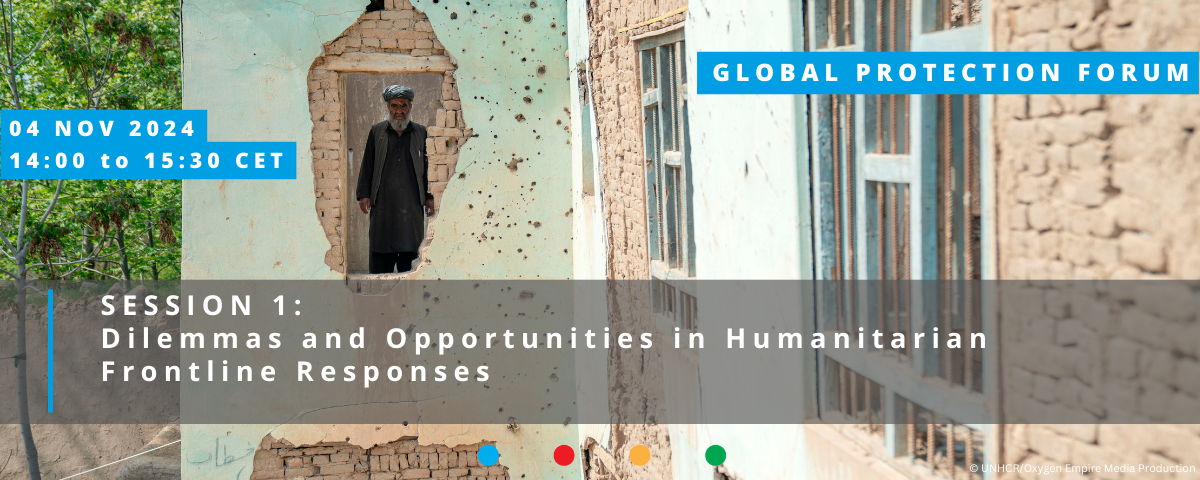Frontline humanitarian responses aim to support people at their most critical point of need. They are often the first point of lifesaving assistance and services provided by humanitarian actors. Protection actors have a central role in ensuring responses are governed by humanitarian principles, in particular do no harm, yet protection is sometimes overlooked in frontline responses. This session will reflect on the changing nature of the frontlines and obstacles that communities and individuals face when trying to access safety and assistance. It will reflect on who plays the role of first responder in crisis, and can we be doing more to assist these responders? It will also consider how we support community mechanisms for early warning and community protection, and how to balance this with the need to bring specialized services in locations where they are absent. Finally, it will consider areas where we need to increase collective action to strengthen frontline responses.


